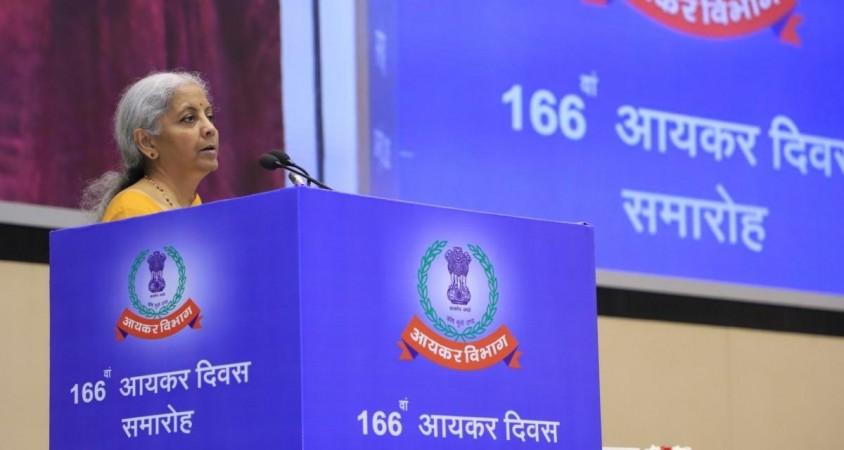
Input Tax Credit (ITC) scams have been rising steadily across the country over the past three years, with 31,704 cases registered during this period, leading to the detection of a staggering Rs 1,19,286 crore in fraudulent claims.
In a written reply to a question regarding fraudulent ITC claims under the Goods and Services Tax (GST), Minister of State for Finance, Pankaj Choudhary, informed Parliament that 7,231 cases were registered in 2022–23, involving Rs 24,140 crore in detected fraud. In 2023–24, authorities registered 9,190 cases and uncovered fraud worth Rs 36,374 crore.
Alarmingly, in the current financial year 2024–25, a total of 15,283 cases have already been registered, with authorities detecting Rs 58,772 crore worth of ITC claimed fraudulently under GST.
Of the total detected fraud, Rs 8,572 crore has been voluntarily paid by the accused entities so far.
Government to Curb ITC Fraud
Highlighting the proactive measures being taken by the government, the Minister stated that ITC can only be availed on invoices or debit notes furnished by the supplier in FORM GSTR-1, and only when these details have been communicated to the registered person through FORM GSTR-2B.
"A registered person is not allowed to furnish FORM GSTR-1 if they have not filed the return in FORM GSTR-3B for the preceding tax period," the Minister said, adding, "Filing of FORM GSTR-1 has been made mandatory before filing FORM GSTR-3B for a tax period, and this process is now mandatorily sequential."

Other Key Measures Include:
- Mandatory e-invoicing for all B2B transactions for businesses with a turnover exceeding Rw 5 crore.
- OTP-based PAN verification at the time of registration using a mobile number and email linked to the PAN, to prevent unauthorized GST registrations.
- Risk-based biometric Aadhaar authentication for registration applicants.
- Applicants who do not opt for Aadhaar authentication are required to visit a GST Suvidha Kendra for photograph and document verification.
- Physical verification in high-risk cases, even if Aadhaar authentication is completed.
- Mandatory submission of bank account details within 30 days of registration or before filing FORM GSTR-1/IFF, whichever is earlier.
System-Based Measures to Prevent Fraud
- Suspension of GST registration for taxpayers who fail to provide valid bank account details within the stipulated period.
- Suspension of registration for taxpayers defaulting in timely return filings, as per Rule 21A of the CGST Rules, 2017.
- Geo-tagging of business premises is now mandatory for new registrations on the GST portal.
- Automated notices under Rule 88C/88D, issued in the form of DRC-01B and DRC-01C, are being implemented.
- The offence of fraudulent ITC claims without valid invoices or bills is now a cognizable and non-bailable offence.
- Beneficiaries who retain the benefit of fraudulent supplies, including those involving issuance of invoices without actual supply or availing excess ITC, are now liable for penalties.
Invoice Management System (IMS)
The Invoice Management System (IMS), introduced on the GST portal in late 2024, enables recipient taxpayers to accept, reject, or mark invoices as pending once filed or saved by suppliers. This system allows for real-time cross-verification of invoices reported in GSTR-1, significantly improving ITC claim accuracy.
Special Drives Against Fake Registrations
"To weed out fake/bogus registrations," the Minister noted, "special nationwide drives were conducted in coordination with State and Central GST authorities from May 16 to July 15, 2023, and from August 16 to October 15, 2024, specifically targeting fake ITC claims and fraudulent registrations."













